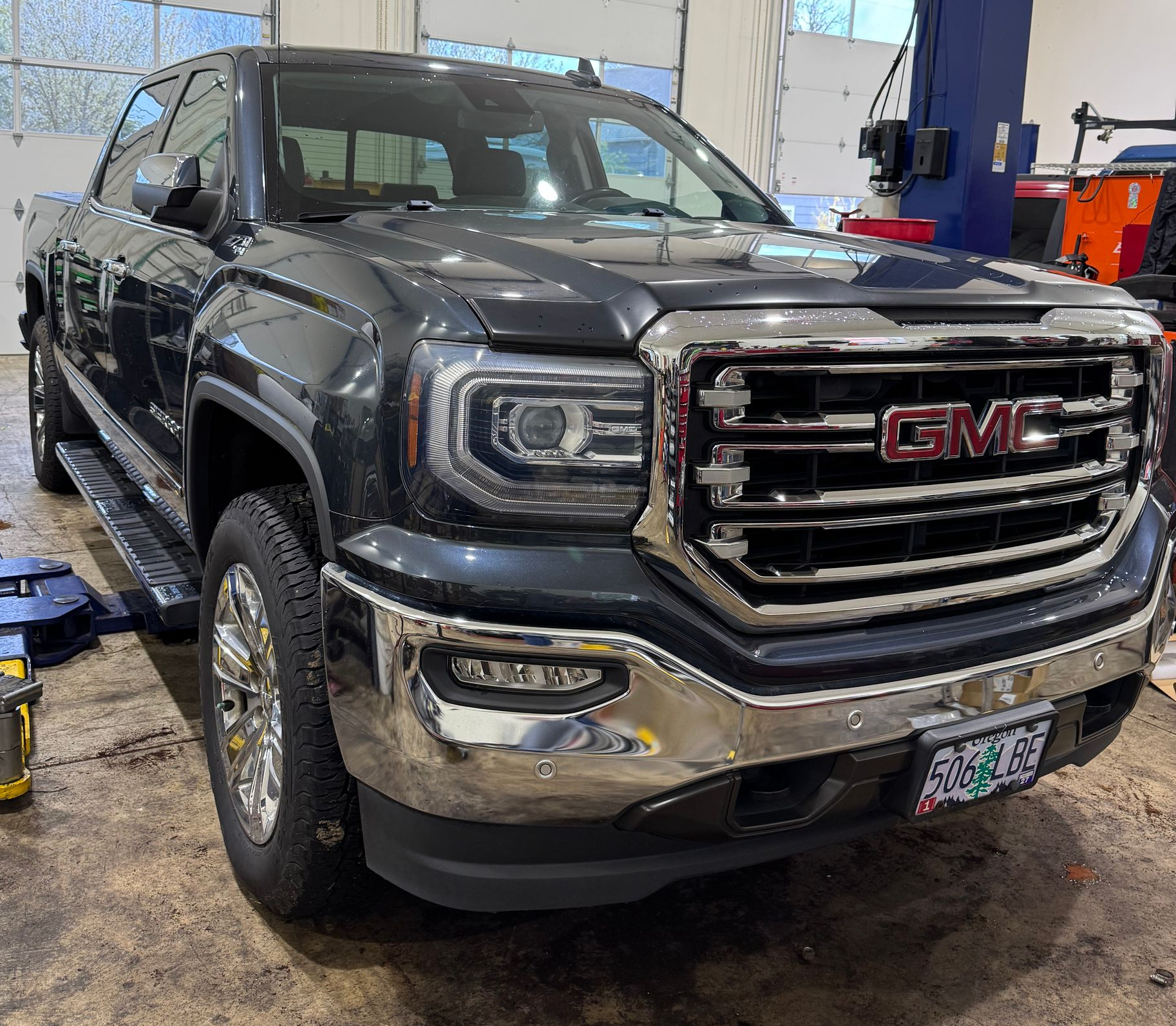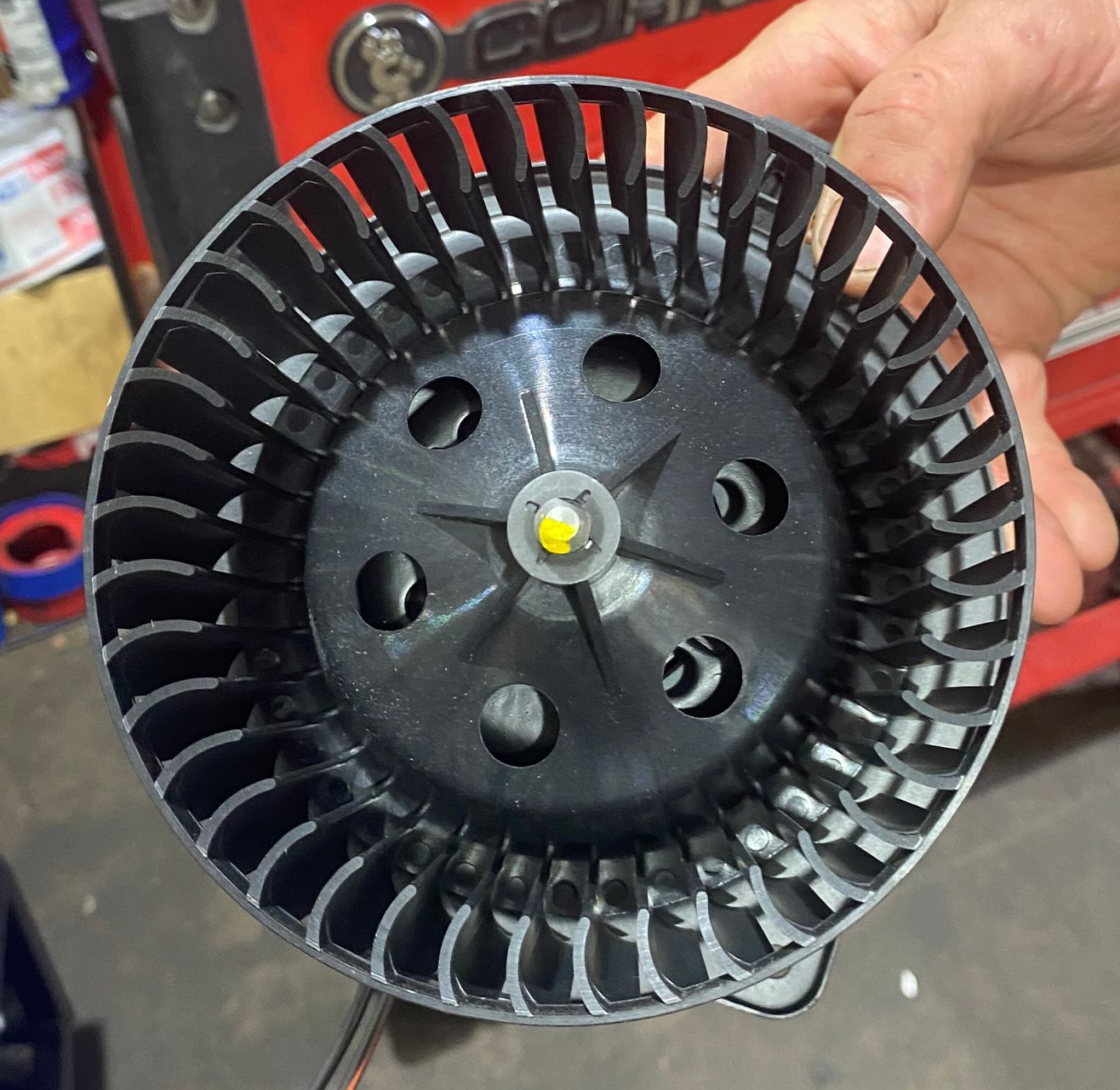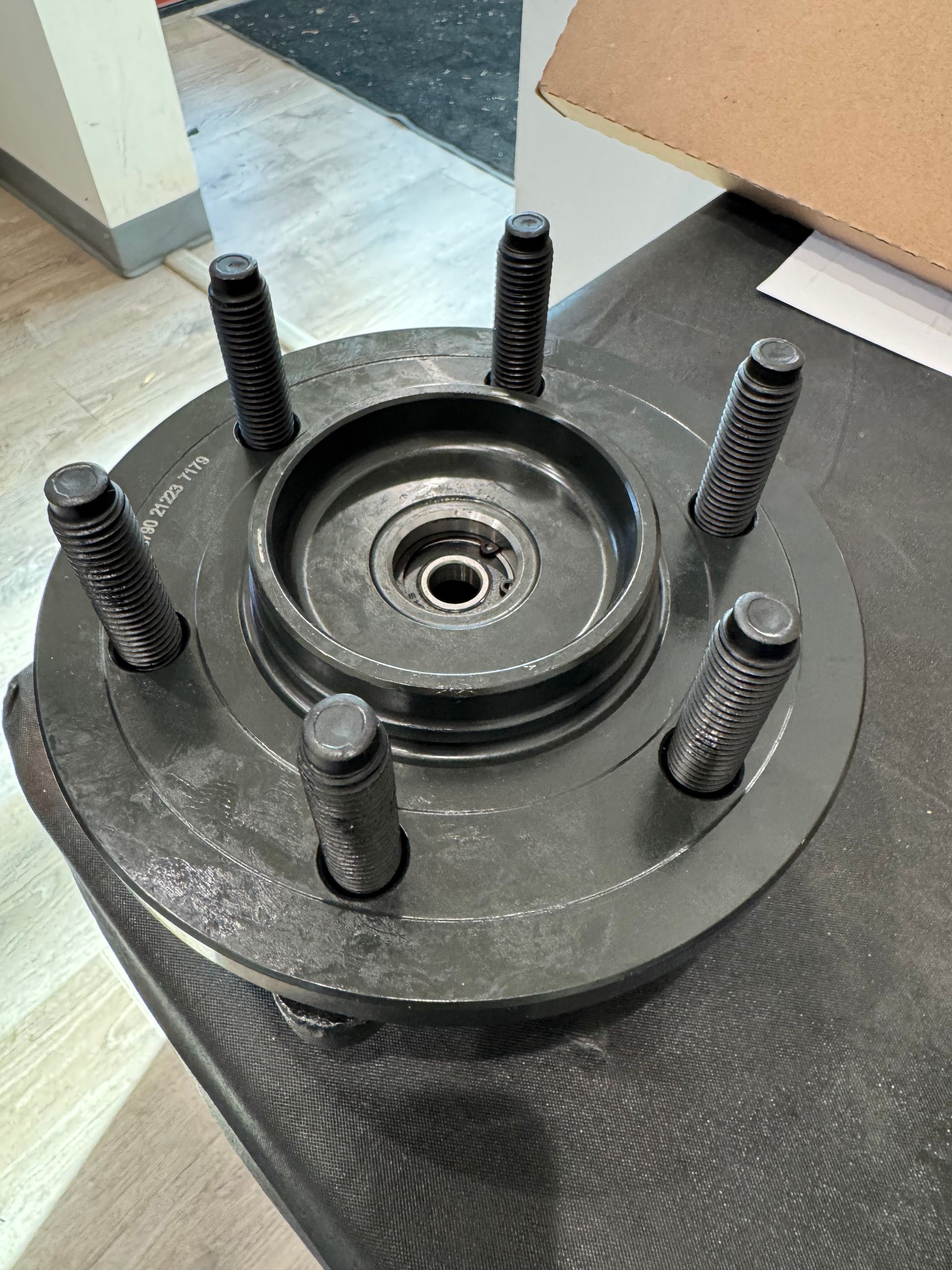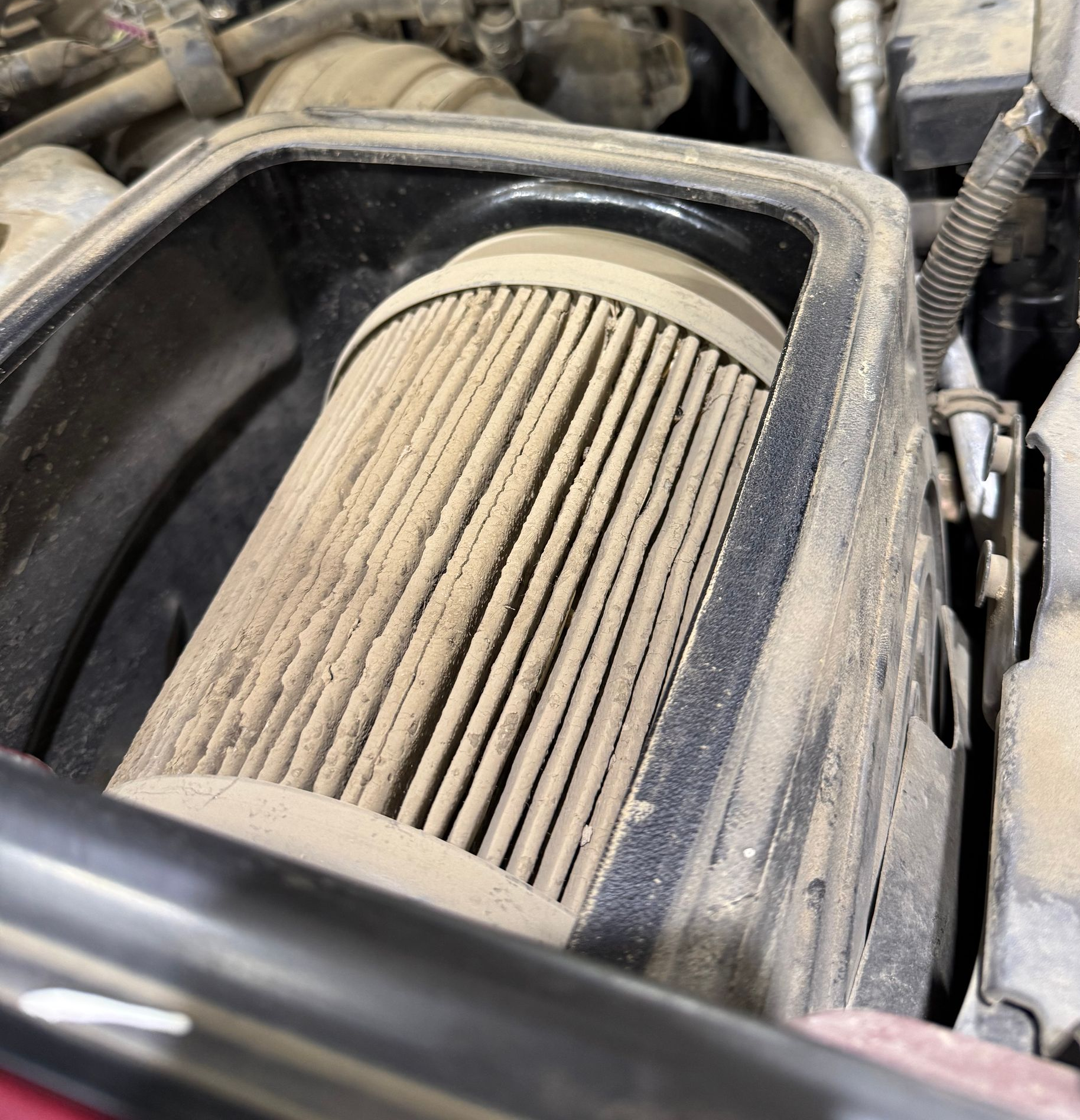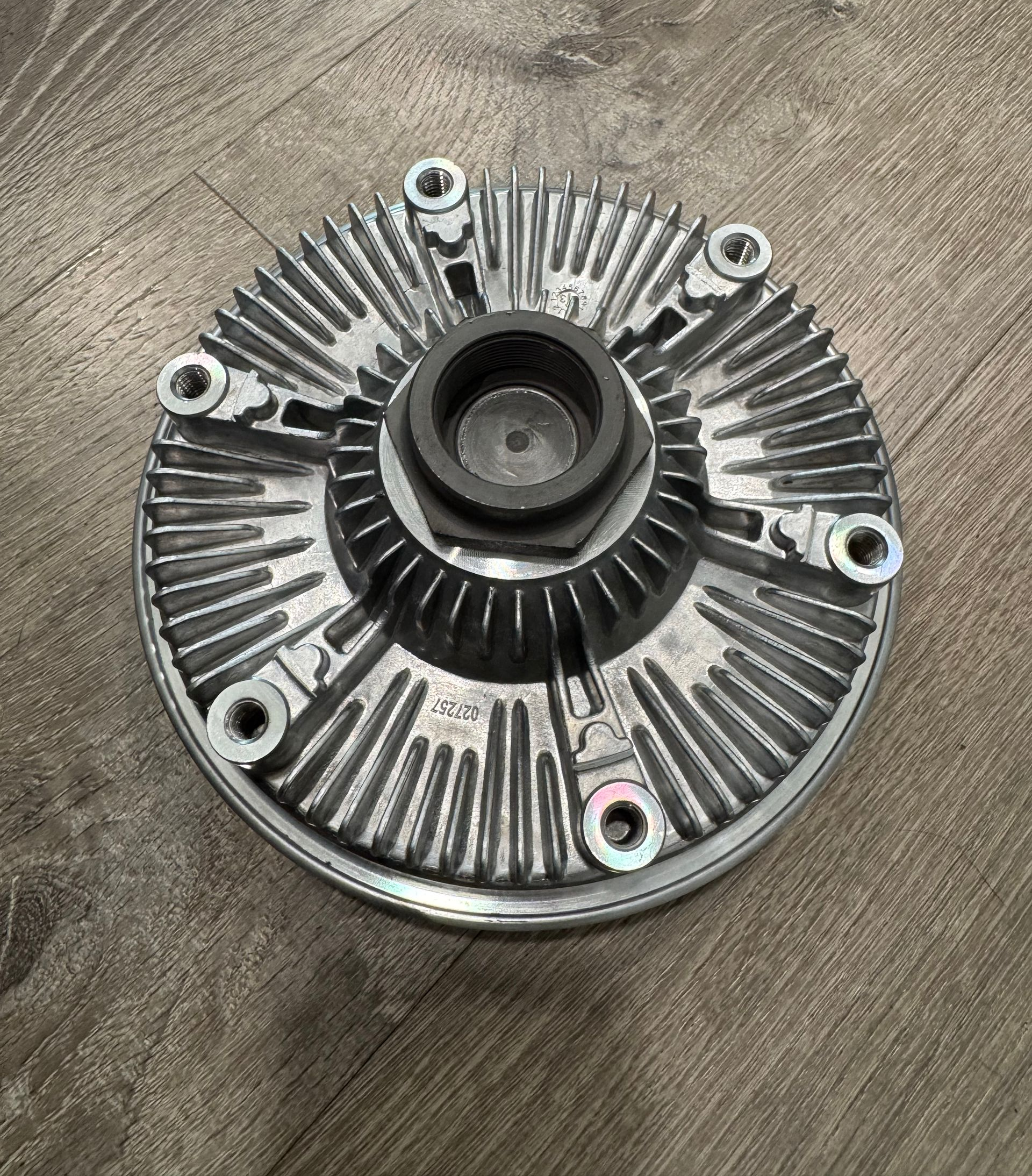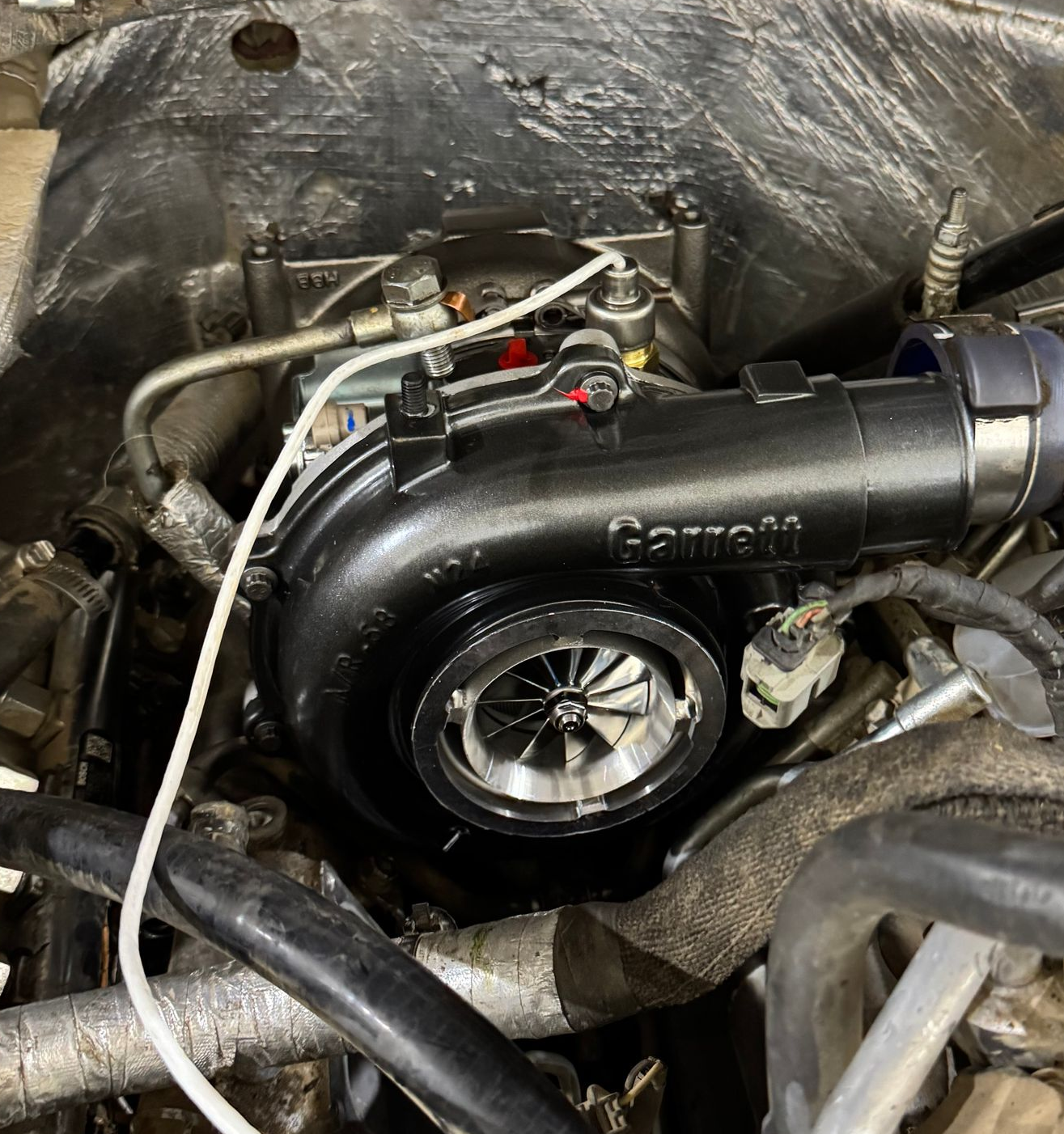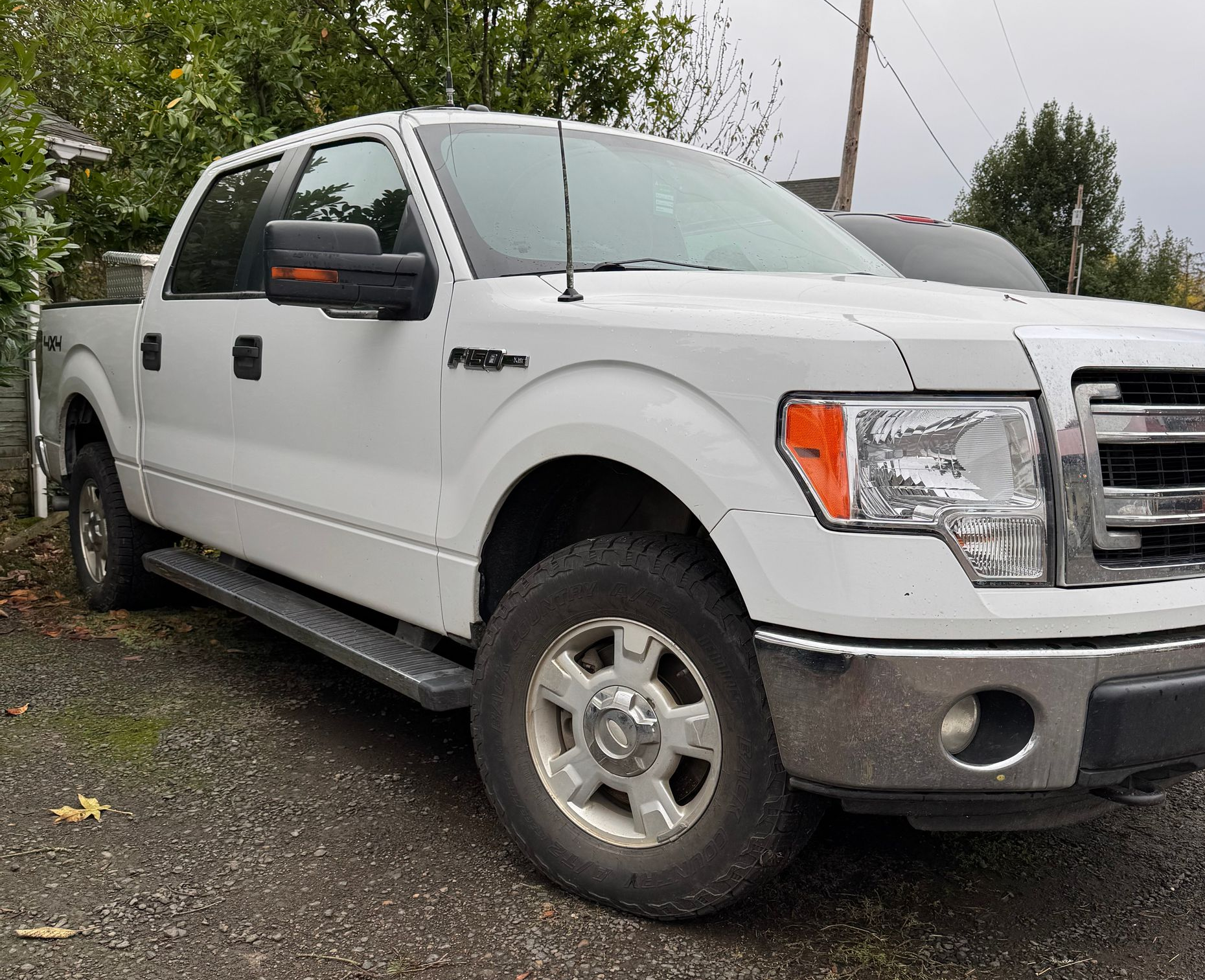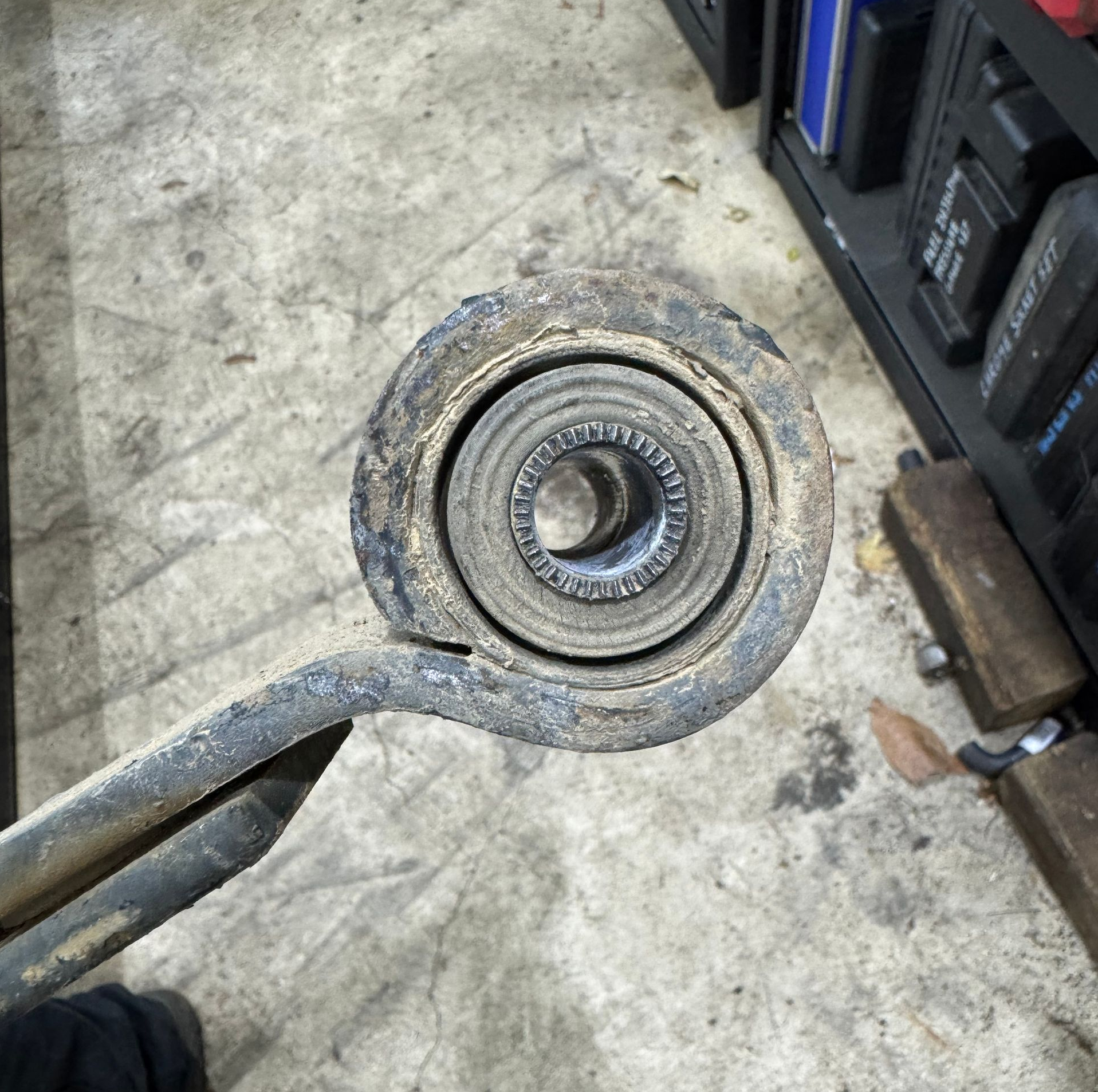It could be something simple
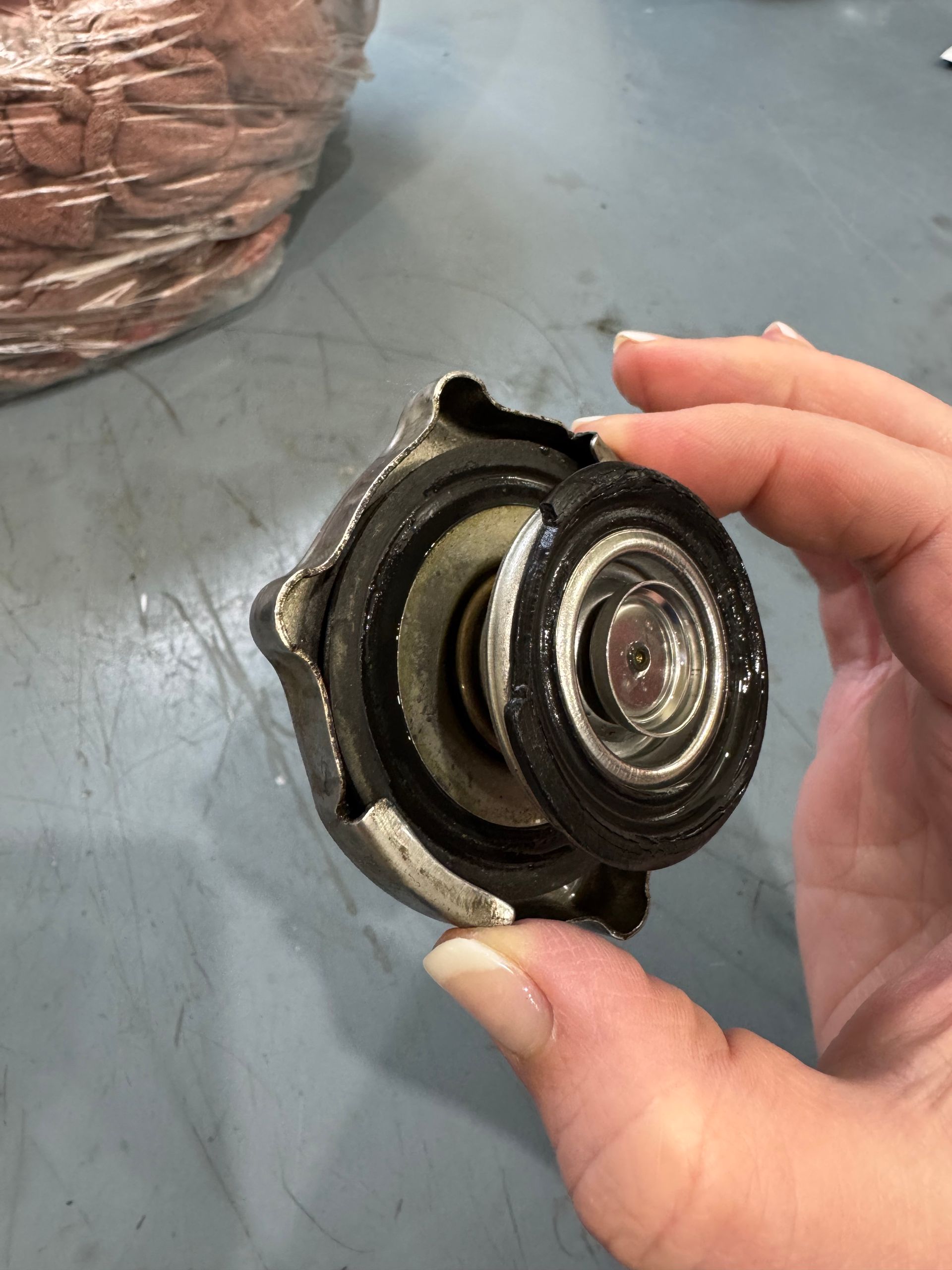
Some coolant leaks are simple, others are more complicated. Coolant can leak from your radiator, hoses, heater hoses, water pump, thermostat, heater core, and engine. Probably a few more too if you drive a diesel. So chasing a coolant leak can take time and typically we start with a cooling system pressure test. We pressurize your system and use a gauge to determine if you have an issue.
We ran into one the other that presented as the radiator was leaking at the filler neck. After inspecting the top of the radiator for a crack, they took off the radiator cap. When they did they found that the gasket on the radiator cap was damaged. This can happen over time. We replaced the radiator cap and no more leak. That was great news for this client.
Please if you are checking your coolant at home or if you are on the side of the road please please please make sure that your engine has cooled off prior to you removing your radiator cap. Your radiator cap is designed to hold anywhere from 15 to 21 psi this depends on your vehicle - some more some less. If your engine is hot that cap is pressurized and it can cause the liquid to vaporized and that causes severe burns. Make sure your engine has cooled off considerably to prevent an injury to you.
Give us a call and let us take care of you.
Happy Adventures,
Heather
Our specials can be found here - Specials - J & H Automotive, Inc
Ready to make an appointment … Appointments - J & H Automotive, Inc
Want to know more … About Us - J & H Automotive, Inc
Would you like to join our merry band of misfits? Careers - J & H Automotive, Inc
Want to know more…
https://www.facebook.com/JHAutomotiveInc
https://www.pinterest.com/jhautoinc



